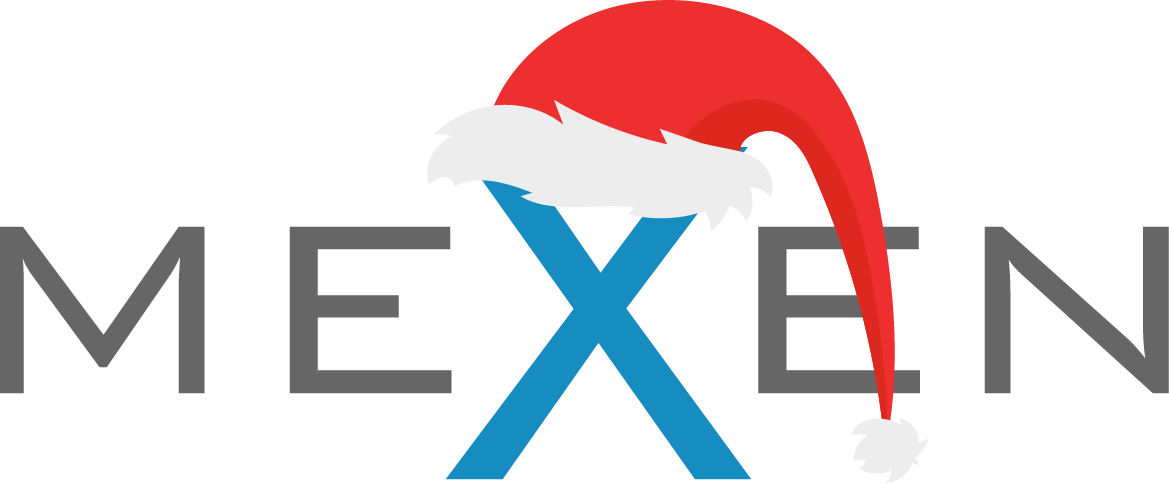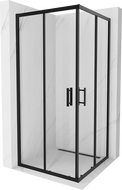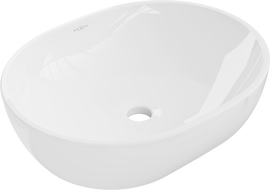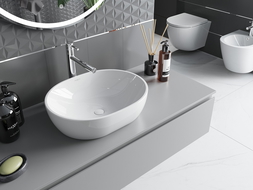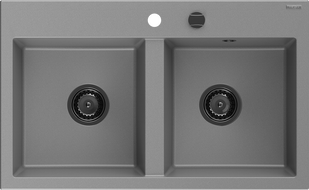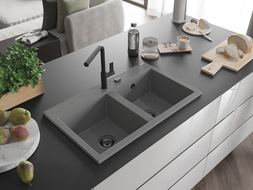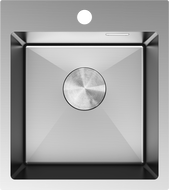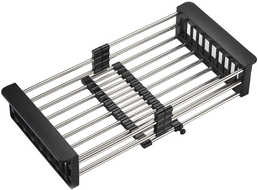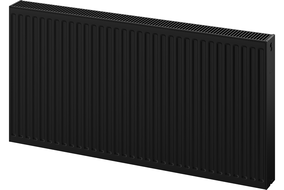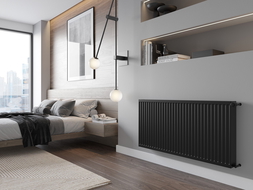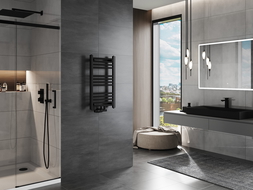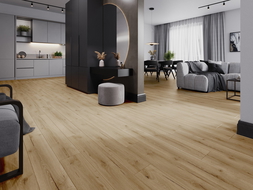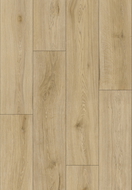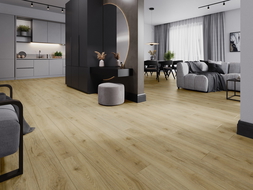
Water is one of the most important resources essential for life. Humans are made up of over 60% water, and thanks to it, the existence of practically all organisms on Earth is possible. Are you aware that its resources are drastically depleting and that one day it might run out? Already in some parts of the world, potable water is a hard-to-access resource, and the areas lacking water continue to grow. Let's not allow people, animals, and plants to die because of its scarcity! We can prevent this. Just start using less water in your home today. This is not only a gesture towards ecology but also a way to improve your household budget.
A Drop in the Ocean of Needs – Facts About Potable Water
Access to clean water is a fundamental human need and thus a basic human right. But not everyone has this right guaranteed. Unfortunately, there are places on the world map where access to clean, unpolluted water is significantly hindered. According to data collected by the World Health Organization (WHO), about 1.1 billion people worldwide lack access to drinking water. Approximately 2% of them live in Europe, 27% come from Africa, and a staggering 65% from Asia. It's a drop in the ocean of needs, as the latest data from the World Wildlife Fund (WWF) shows that only 2.5% of the world's water resources are freshwater. Worse still, only 0.01% of this water is suitable for consumption. These alarming figures show a clear water deficit, which is why being eco-friendly is not a passing trend, but a necessity that everyone should take to heart.
Why Save Water
As already mentioned, water is one of the most precious resources on Earth. It's undeniable that life without water won't stand a chance, and unfortunately, data shows that we're consuming more and more, disregarding the consequences it brings. It's worth emphasizing that excessive water usage threatens not only our environment but also comes with a high cost.
In an average household, water usage per person in a month amounts to about 3 cubic meters (3000 liters). The average price for 1 cubic meter of water is about 10 złotys, resulting in a monthly expense of around 30 złotys. For a traditional four-person family, this amounts to a monthly cost of about 120 złotys and 1440 złotys annually. This expense significantly impacts the household budget, and simply reducing water usage by about 20% could allow saving even 288 złotys annually. How can you achieve this without losing comfort? Further in the article, you'll discover several practical, and most importantly, feasible ways to save water at home.
How to Save Water at Home
Did you know that over 40% of the water used in a household is used in the bathroom, another 10% in the kitchen, and the remaining 50% in other domestic activities? That's quite a bit, right? This can be changed by reducing water usage to the necessary minimum. To achieve this goal, you must start with yourself, changing your habits. Here are some tips on how to quickly, easily, and enjoyably save water in your home.
Fix Leaky Fixtures
A leaking flush or dripping tap is not only annoying but also leads to significant water loss. Depending on the extent of the leak, up to 50 liters of water can drip away in just one day. That's a lot, and wasting water also means wasting money, so fix all leaky fixtures in both the bathroom and kitchen right away.
Turn Off Water While Brushing Teeth, Washing Hands, or Shaving
Turning off the tap while brushing teeth, washing hands, or shaving seems like a simple and obvious task. But are you sure you do it? Remember, by turning off the water during a 3-minute tooth brushing, you can save up to 15 liters of water.
The ideal solution for activities like brushing teeth, washing hands, or shaving is installing touchless faucets. They can reduce water usage by 50 to 80 percent. Equipped with a special infrared sensor, they release water when you bring your hands close, and when you move them away, the water stops flowing. Although this is a very good solution, it's unfortunately relatively expensive and mostly found in hotel or restaurant bathrooms.
Replace Faucets or Aerators
In home furnishing stores, such as those offering bathroom or kitchen equipment, you can find many modern solutions that help reduce water usage to a minimum. Among these solutions are faucets equipped with aerators, which mix air with the water stream and disperse it.
If you don't want to replace the entire faucet, you can install an aerator yourself, which you can easily purchase from a store. Installing such a screen allows you to save up to 50 percent of water without losing the cleaning or rinsing effect.
Install a Water-Efficient Toilet
A modern toilet with a STOP button, allowing you to pause flushing at any moment, or one with dual-flush options (3l/6l) can play a very important role in saving water.
Replace a Bathtub with a Shower
Everyone loves long relaxing baths in a bathtub filled to the brim. But did you know that such a bath uses about 200 liters of water, while a five-minute shower uses around 50 liters? That's quite a difference, right? Therefore, if you choose to switch from a bathtub to a shower, you'll not only make an ecological choice but also significantly reduce your water bills.
However, if nothing or no one convinces you to take shorter showers, don't fill the bathtub to the brim. A third of the tub or a maximum of half is enough, and you'll see that your water bills will significantly decrease.
Skip Handwashing – Use the Dishwasher
It's well known that a dishwasher and washing machine, in comparison to handwashing and handwashing clothes, generate great savings. When purchasing such equipment, it's worth choosing a device with eco-program functions that not only save water but also electricity.
Water is Life, So Take Care of It Every Day
March 22 has been designated World Water Day, and on this occasion, we encourage you to take care of every drop. We don't expect you to follow all the rules presented in the article, but implementing a few of them – from now on – will be a big step towards ecology, and it will allow you to save extra money, which you can allocate to other important purposes.
